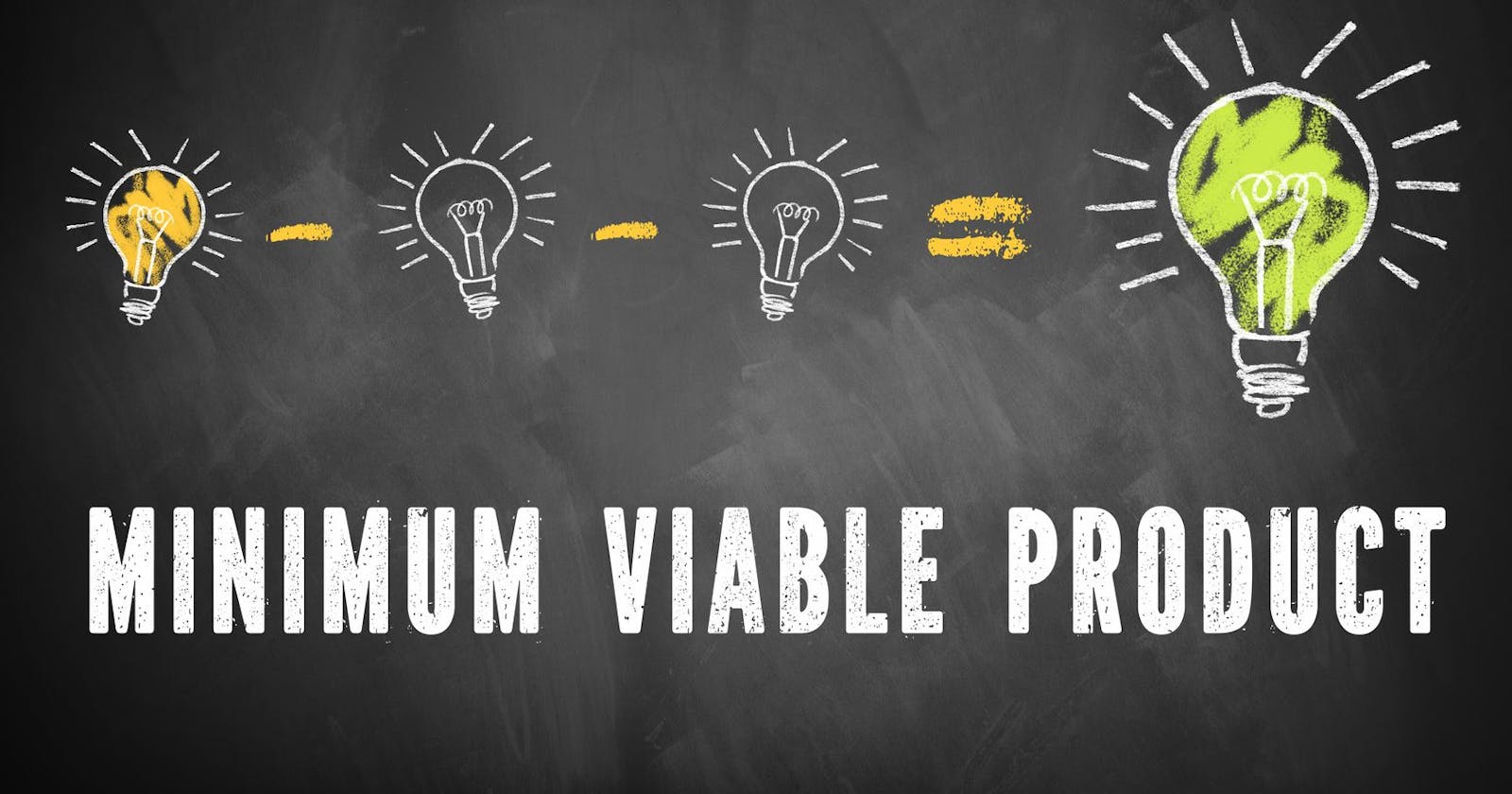Launching a startup is like embarking on a thrilling adventure into uncharted territory. You have a vision, a brilliant concept that you take into account, and you can alternate the arena, or, as a minimum, make it a chunk higher. But how do you ensure your startup not only survives but flourishes? The answer lies in one of the most fundamental standards of entrepreneurship: the Minimum Viable Product, or MVP.
What is an MVP?
An MVP is the stripped-down, naked-bones model of your products or services that permits you to test your idea inside the actual globe with actual customers. It's not approximately compromising on brilliance; instead, it's miles about focusing on the middle features that solve the number one trouble your product pursuits are trying to address. Think of it as the scaffolding upon which you may collect your skyscraper of fulfilment.
The MVP mindset
Building an MVP isn't just a price-saving tactic; it is a mindset shift. Here's why it's critical:
Efficiency in Resource Allocation: Startups regularly carry out restrained budgets and resource allocation. By creating an MVP, you may channel your assets where they rely the most, reducing the danger of burning through your budget upfront.
Speed to Market: Time is of the essence inside the startup global. An MVP gets your product into customers' arms faster, allowing you to check and iterate all of a sudden. This speedy remarks loop can be a game-changer.
Real-World Feedback: You may think you've got the precise product; however, reality often has exceptional plans. An MVP helps you collect treasured feedback from real customers, assisting you to refine your supply and align it with what the marketplace truly dreams of.
Adaptation and Pivot: The startup journey is not regularly a straight line. An MVP equips you to pivot, which is even more important.
The MVP User Experience
When you launch your MVP, you are not simply freeing a product; you're inviting early adopters to sign up for your startup adventure. These users are often extra forgiving of imperfections and enthusiastic about your creativity and prescience. Their feedback is valuable and may guide your product's evolution.
Attracting Investors
Investors are more likely to open their wallets once they see a validated concept with real international traction. An MVP gives tangible proof that your idea has potential, making it less complicated to make the investment vital to scaling your startup.
Building a loyal user base
Early adopters who discover the fee for your MVP are more likely to stick around as you upload extra competencies and polish your product. They emerge as your brand advocates, supporting you in expanding organically and attracting extra customers through word-of-mouth.
Conclusion
In the arena of startups, an MVP isn't always just a product; it's a strategic approach that can make or damage your assignment. By focusing on the middle-fee proposition, accumulating actual international comments, and staying adaptable, you set yourself up for achievement.
Remember, some of the biggest success groups these days, like Dropbox and Airbnb, started with MVPs? They failed to try and build the whole thing right away; they began small and grew primarily based on consumer comments and demand. So, if you're on the cusp of launching your startup, embrace the power of the MVP. It's your compass, guiding you through the worrying conditions of entrepreneurship, helping you make knowledgeable decisions, and, in the end, leading you toward the summit of fulfilment.
In the area of startups, now and again, an awful lot less is more, and the adventure starts with that minimum viable product.
